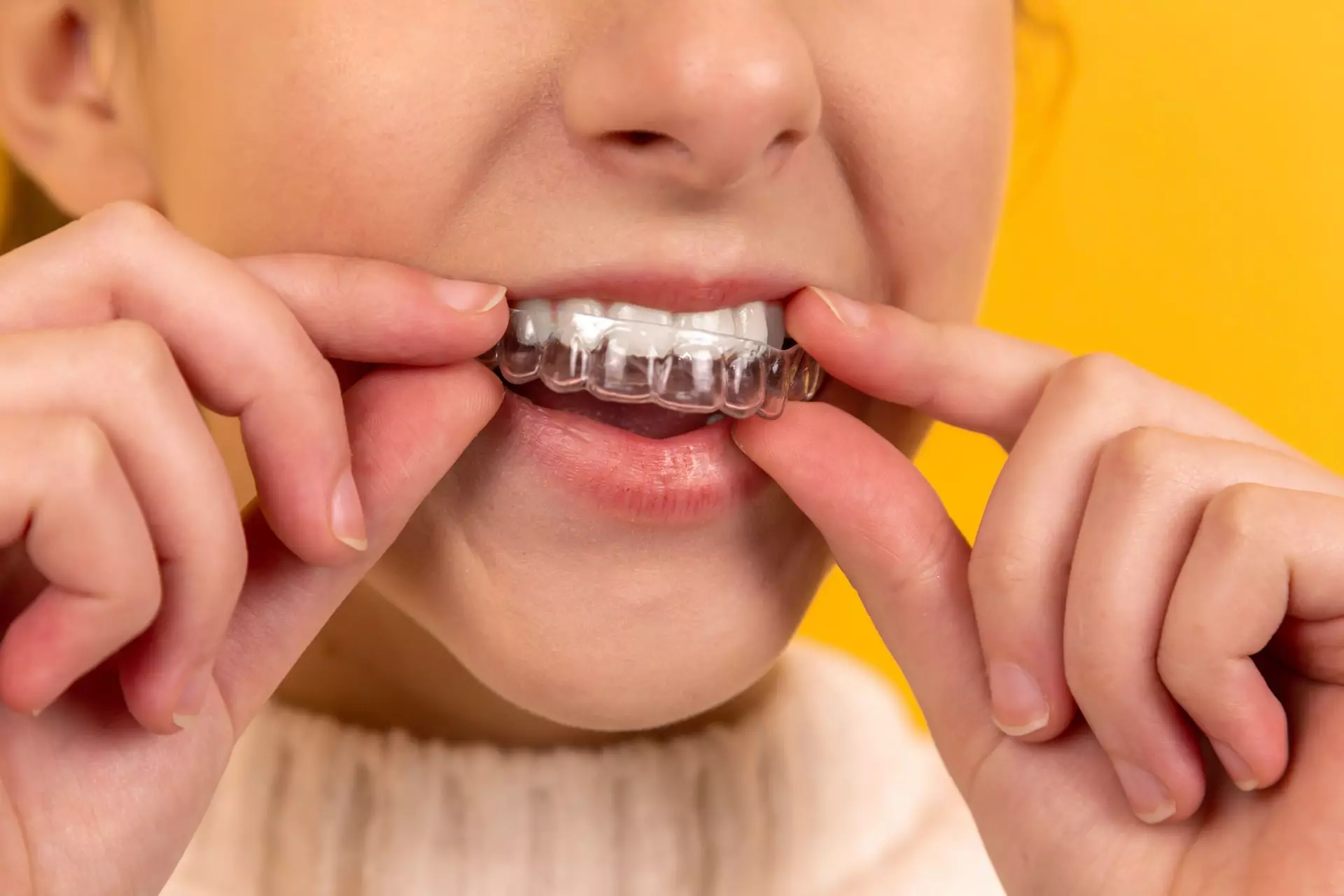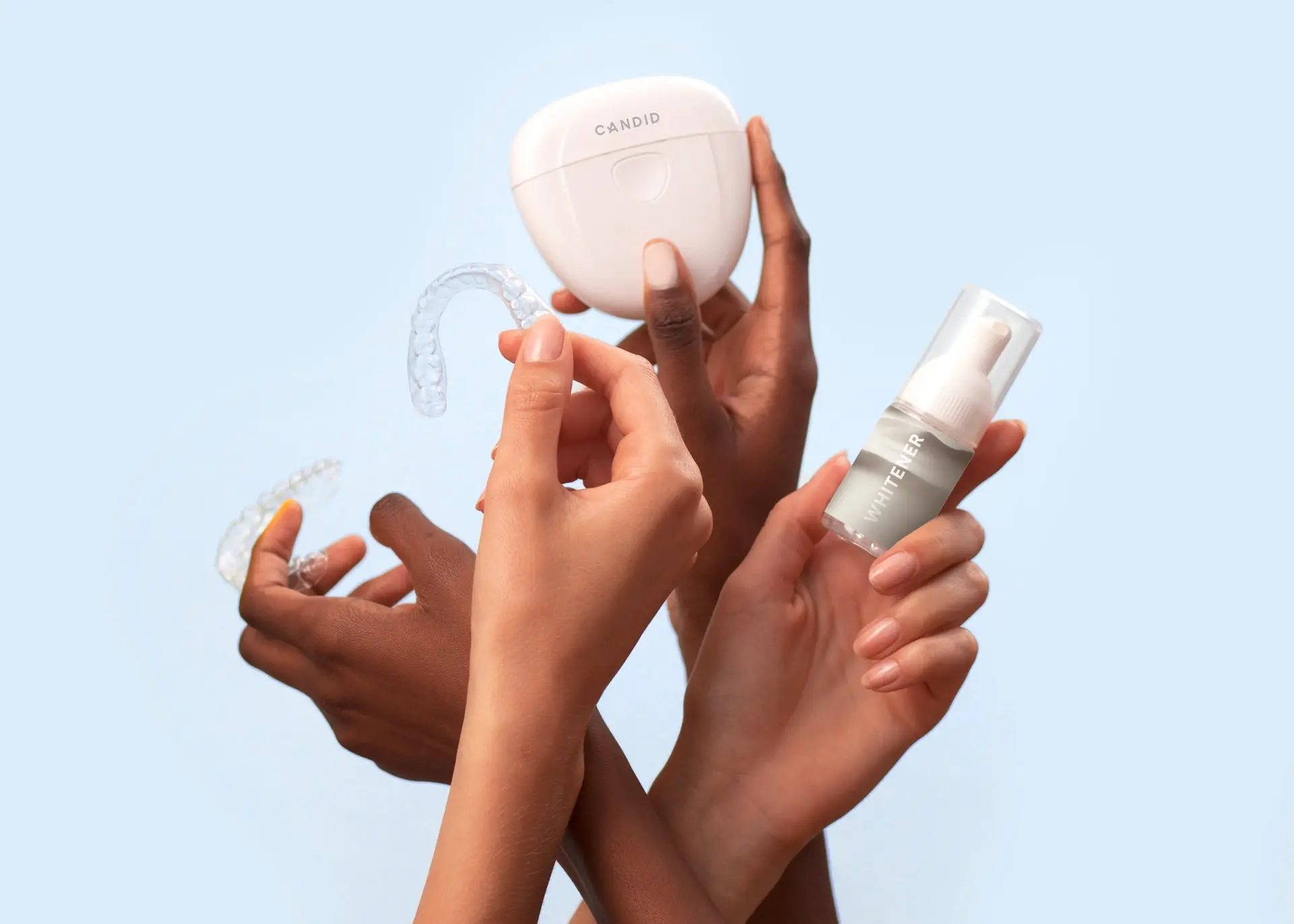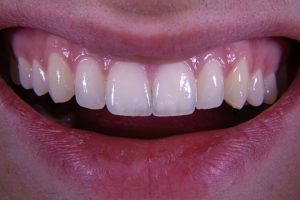Dental appliances aren’t always foolproof, including a dental crown. While there are numerous advantages to getting a crown, dental crown problems may occur. Before we dive into what the common dental crown problems are and how to remedy them, let us discuss a dental crown first.
Table of Contents
What Is A Dental Crown?
Our natural teeth can get damaged over time. This occurs due to a variety of reasons – caries (decay), trauma (injury), or regular wear and tear. Teeth may lose their size or shape. A dental crown is a dental prosthesis used to restore a damaged tooth’s structure and function.
A dental crown is a tooth-shaped structure that is shade-matched to your natural teeth, thereby also restoring the look of the damaged tooth. It is cemented onto the affected tooth, covering its visible portion.
Why Would Someone Need A Dental Crown?
A dental crown may be advised by your dentist for various reasons. Some of them are as follows –
- Protecting a weak tooth from fracturing or keeping it together.
- To restore a worn down, cracked, or broken tooth.
- To fix a dental bridge in place.
- Covering a severely discolored or misshapen tooth.
- To place on top of a dental implant.
- To cover a tooth that has undergone a root canal or a large filling.
What Are Common Dental Crown Problems And Their Remedies?

A dental crown is a fantastic long-term solution for a tooth that is decayed or diseased. While the first line of action is treating the tooth issue, a dental crown is used to restore the affected tooth.
Having said that, dental crown problems exist. These complications can arise months after the prosthetic unit has been fitted. This is why you must be aware of these issues so you can get them taken care of a soon as they show up.
Dental Decay
A general rule of thumb is that any junction or cavity in the mouth is a potential site for tooth decay. You can think of these spaces as typical hideouts for cavity-causing bacteria.
The junction of the crown and the tooth is one of these spaces – plaque can build up and if the patient fails to observe basic oral hygiene, the risk of decay is much higher.
The decay can then propagate gingivitis (gum disease) and progress to periodontal disease. The inflammation in the gums may be accompanied by bleeding and if left untreated, can cause bone loss.
To avoid this pesky dental crown problem, focus on maintaining good oral hygiene.
Sensitivity And Discomfort
Sensitivity is one of the most common dental crown problems and usually arises right after the procedure.
The tooth structure consists of the outer enamel which is the part that is visible in the oral cavity. Underneath, lies the dentin that is sensitive to extreme temperatures.
Before a dental crown is fitted, the original shape of the tooth is changed to create space for the crown. This might result in the exposure of the dentin. Should the crown not fit properly, the exposed dentin is revealed to cold and hot conditions, causing sensitivity.
If you experience any sensitivity or discomfort after getting a crown, you should visit your dentist again. These cases are taken care of by refitting the crown, shielding the dentin from the outside environment.
Dental Crown Chipping

Patients who have had dental crowns for many years experience chipping since materials used to fabricate a crown earlier weren’t very strong. However, owing to rapid development in dentistry, stronger dental materials are getting yielded. This is why modern dental crowns don’t easily fracture or chip.
Similarly, patients with porcelain crowns experience more chipping than metallic crowns.
If you notice a chip in your crown, visit your dentist. They will assess the crown to see if it can be fixed with a filling without changing the crown. However, a bigger crack will require the replacement of the dental crown.
Loosening Of The Dental Crown
Similar to chipped dental crowns, patients who have had a crown for many years might experience loosening of the restoration. This occurs due to the dental cement failing.
Sometimes, loose crowns might stay on the tooth without completely detaching. Visit your dentist as soon as possible if you think this is the case to avoid full detachment of the crown.
However, if the dental crown dislodges completely, keep it safe and bring it along during your next dental visit. Chances are your dentist will be able to secure it back into place.
Discoloration Of The Gum
Our gums naturally recede as we age. This recession can expose the metallic surface of a dental crown, making gums appear discolored. You might also notice a dark line across the gum line.
While this doesn’t cause any discomfort, it might appear unsightly. If this bothers you, speak to your dentist. They might replace your metal or PFM crown with an all-ceramic option.
Nerve Problems

Below the outer white enamel and the inner yellow dentin lies the pulp chamber of the tooth. This space contains blood vessels and nerve endings responsible for the vitality of the tooth.
During reshaping for the crown, these nerves might get irritated, causing discomfort.
Should this happen, your dentist will advise a root canal treatment to prevent future issues with the nerves. The treated tooth will be topped off with a crown afterward.
Shade Mismatch Of The Crown
Your dentist will always shade match the crown material to your natural teeth before sending it for fabrication. However, sometimes it doesn’t always work out and the crown might appear much different than your teeth.
The only option in such a case is the replacement of the dental crown.
Allergic Reaction
This is a very rare issue and occurs in people who are allergic to the metals used in the fabrication of the crown. The solution is to replace the crown made of different materials.
How To Avoid Dental Crown Problems
Most dental crown problems are avoided via good oral hygiene practices. Brushing, flossing, and regular visits to your dentist help keep dental crown problems at bay.
Brooklyn Blvd Dental offers dental crown services. For more information on the procedure, get in touch with us today. Call us at (763) 533-8669 to schedule a visit to our office.







